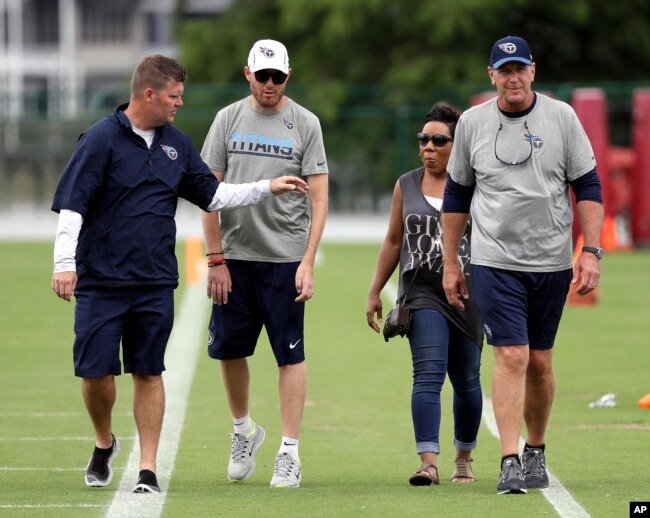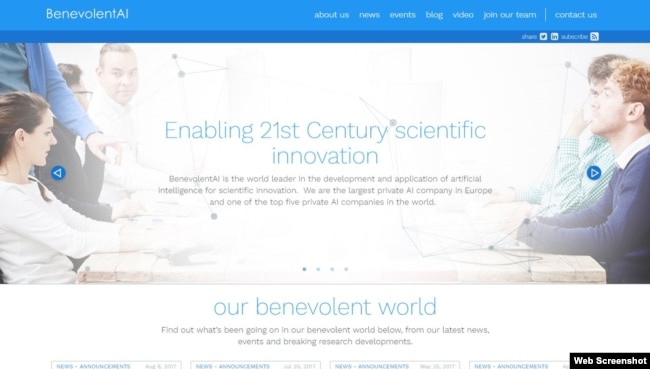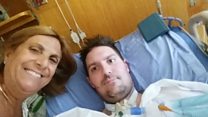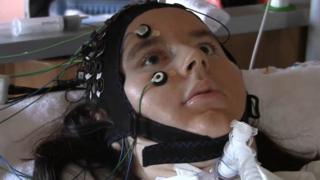There are only two drugs approved by the U.S. Food and Drug Administration to slow the progression of ALS (amyotrophic lateral sclerosis), one available since 1995 and the other approved just this year. About 140,000 new cases are diagnosed a year globally, and there is no cure. "Many doctors call it the worst disease in medicine, and the unmet need is huge," said Richard Mead of the Sheffield Institute of Translational Neuroscience, who has found artificial intelligence (AI) is already speeding up his work. Such robots complex software run through powerful computers work as tireless and unbiased super-researchers. They analyze huge chemical, biological and medical databases, alongside reams of scientific papers, far quicker than humanly possible, throwing up new biological targets and potential drugs.
Cell deaths prevented
One candidate proposed by AI machines recently produced promising results in preventing the death of motor neurone cells and delaying disease onset in preclinical tests in Sheffield. Mead, who aims to present the work at a medical meeting in December, is now assessing plans for clinical trials. He and his team in northern England are not the only ones waking up to the ability of AI to elucidate the complexities of ALS. In Arizona, the Barrow Neurological Institute last December found five new genes linked to ALS by using IBM's Watson supercomputer. Without the machine, researchers estimate the discovery would have taken years rather than only a few months. Mead believes ALS is ripe for AI and machine-learning because of the rapid expansion in genetic information about the condition and the fact there are good test-tube and animal models with which to evaluate drug candidates.

Former Tennessee Titans linebacker Tim Shaw, second from left, leaves the field with Titans general manager Jon Robinson, left, and head coach Mike Mularkey, right, after a team activity at its training facility in Nashville, Tenn., June 15, 2017. Shaw, who was diagnosed with ALS in 2014, has worked with the special teams staff and players.
That is good news for ALS patients seeking better treatment options. Famous sufferers include Gehrig, the 1923-39 New York Yankees baseball player; actor and playwright Sam Shepard, who died last month; and cosmologist Stephen Hawking, a rare example of someone living for decades with the condition. If the research goes on to deliver new medicines, it would mark a notable victory for AI in drug discovery, bolstering the prospects of a growing batch of startup companies focused on the technology. Those firms are based on the premise that while AI robots won't replace scientists and clinicians, they should save time and money by finding drug leads several times faster than conventional processes.
British 'unicorn'
Mead from Sheffield is working with BenevolentAI, one of a handful of British "unicorns" private companies with a market value above $1 billion, in this case $1.7 billion which is rapidly expanding operations at its offices in central London. Others in the field include Scotland's Exscientia and U.S.-based firms Berg, Numerate, twoXAR, Atomwise and InSilico Medicine the last of which recently launched a drug discovery platform geared specifically to ALS. "What we are trying to do is find relationships that will give us new targets in disease," said Jackie Hunter, a former drug hunter at GlaxoSmithKline (GSK) who now heads Benevolent's pharma business. "We can do things so much more dynamically and be really responsive to what essentially the information is telling us."

A view of BenevolentAI's home page.
Unlike humans, who may have pet theories, AI scans through data and generates hypotheses in an unbiased way. Conventional drug discovery remains a hit-and-miss affair, and Hunter believes the 50 percent failure rates seen for experimental compounds in mid- and late-stage clinical trials due to lack of efficacy is unsustainable, forcing a shift to AI.[ A key test will come with a study by Benevolent to assess a previously unsuccessful compound from Johnson & Johnson in a new disease area this time for treating Parkinson's disease patients with excessive daytime sleepiness.[ Big pharmaceutical companies like GSK, Sanofi and Merck are now exploring the potential of AI through deals with startups.
Being careful


 The Science, Health, and Technology Room
The Science, Health, and Technology Room



 Reply With Quote
Reply With Quote







